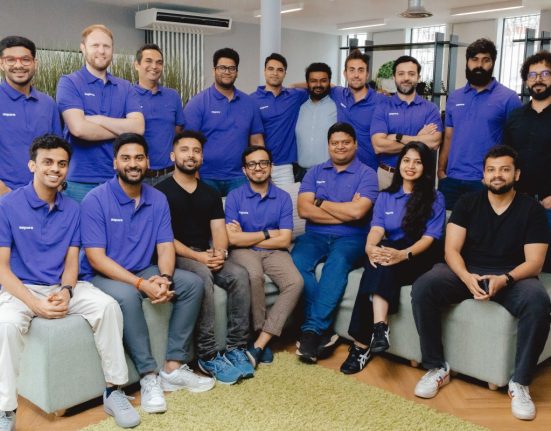With rising use cases across sectors ranging from customer service to healthcare, agentic AI is emerging as one of the most sought-after segments for venture capitalists in India and globally.
Agentic AI
Agentic AI refers to AI systems which can act autonomously and make decisions based on contextual understanding, often across a chain of tasks. Its appeal lies in its ability to enhance productivity by mimicking human-like decision-making in business processes. From front-office automation to complex back-office operations, enterprises are experimenting with agentic layers that promise speed, accuracy and cost efficiency.
According to startup data platform Tracxn, there are currently around 40 agentic AI startups who have collectively raised $254 million since 2018. So far this year, the space has seen investments of $52.9 million, against a total of $36 million in 2024.
Recent fundraises suggest strong investor momentum. On Tuesday, agentic AI startup Composio raised $25 million in a funding round led by Lightspeed Venture Partners, with participation from existing investors, such as Elevation Capital, Together Fund, among others. Bengaluru-based Adopt AI, which operates across India and the Silicon Valley, secured $6 million in seed funding in May this year from Elevation Capital, along with participation from Foster Ventures, Powerhouse Ventures, and others. Earlier in January, Atomicwork closed a $25 million funding round led by Khosla Ventures.
Other firms
Meanwhile, smaller but promising firms are also drawing attention. Last month, Othor AI raised $50,000 from investors including Whatfix co-founder Vara Kumar Namburu and other angels, following an earlier round of $30,000. Another startup, Darwix, secured $1.5 million in funding led by Rebalance, IPV and JITO Incubation and Innovation Foundation.
Larger enterprises integrating agentic layers are not being left out. Healthtech firm Innovacer raised $275 million in a Series F round in January, citing agentic AI as part of its expanded tech capabilities. More recently, AI solutions provider Fractal secured $170 million at a valuation of $2.44 billion. The company is pushing hard into agentic AI through its Cogentiq platform, which powers B2C offerings like Vaidya.ai, Kalaido.ai, and Marshalgoldsmith.ai.
“Agentic AI startups promise a step change in efficiency by embedding autonomous reasoning into existing front, middle and back office systems,” said Ashvin Vellody, partner at Deloitte India. He added that over 80% of large organisations plan to pilot agentic solutions within a year, as noted in a recent Deloitte report.
Bruce Keith, CEO and co-founder of InvestorAI, drew parallels with India’s early 2000s BPO boom. “India was a huge beneficiary of the offshoring wave. Agentic AI is taking this automation to a completely new level,” he said. “It’s no surprise that investors see this as a strategic priority, whether investing in pure-play agentic startups or in companies transforming through this technology.”
Global trends also contribute to optimism. In the US, the agentic AI sector has attracted $107 billion in venture capital and private equity across 45 funded companies. This year’s Spring batch of Y Combinator included 70 agentic AI startups, each receiving $500,000 in seed funding. MarketResearchReports pegs the global agentic AI market size at $28.29 billion in 2024, with projections reaching $126.89 billion by 2029, growing at a CAGR of 35%.
Startups like Zigment are showcasing the immediate utility of agentic AI. “Festive sales or flash events no longer require temporary call-centre hires as an agent can now handle 50–60 concurrent chats with consistent quality,” said Dikshant Dave, CEO of Zigment, which provides an AI layer over phone, chat and email systems.
Still, experts urge caution. “While the space holds immense promise, investors must avoid blindly backing every AI startup,” said Vellody. “The key is to assess whether a company is solving problems that truly need autonomous, context-aware reasoning, not just automating basic tasks.”
Another concern is scalability. Experts advise closely examining the unit economics as companies move from pilot phases to full-scale deployment. A strong founding team with both machine learning expertise and domain knowledge is critical for long-term viability.








